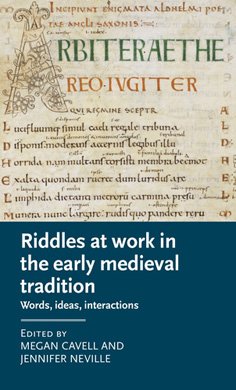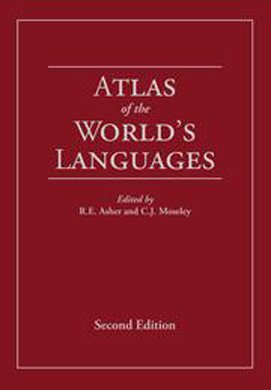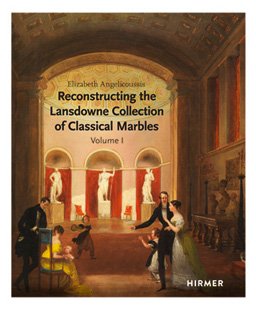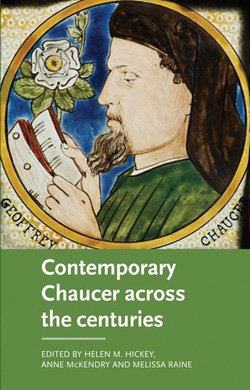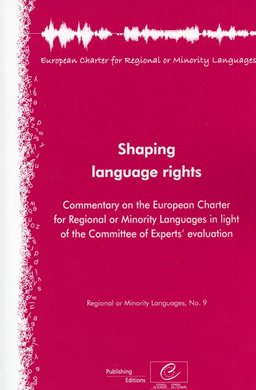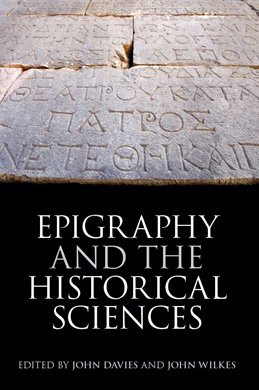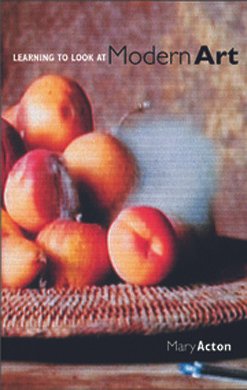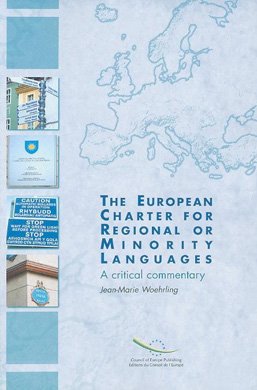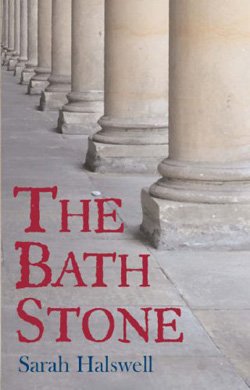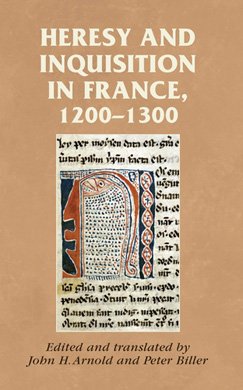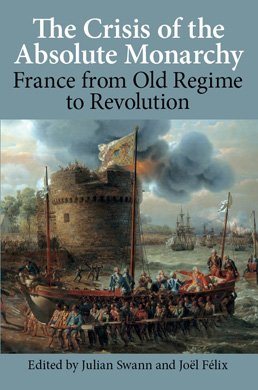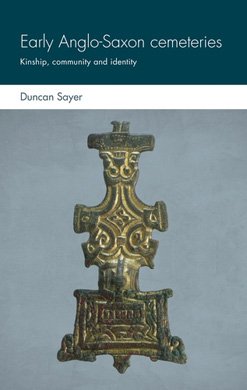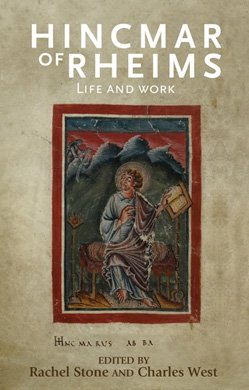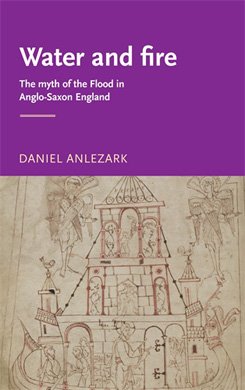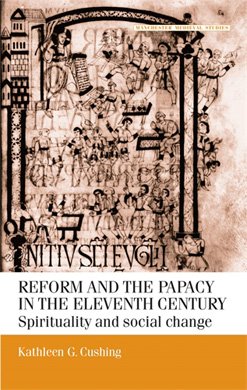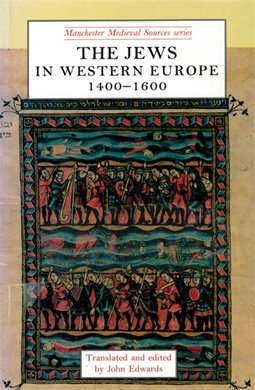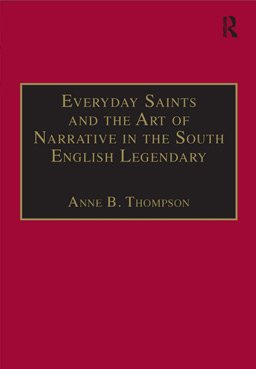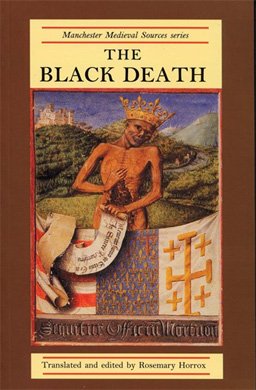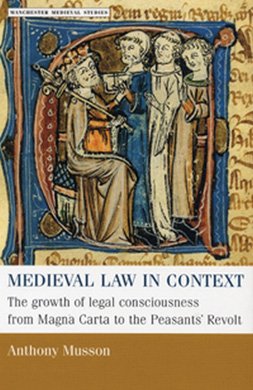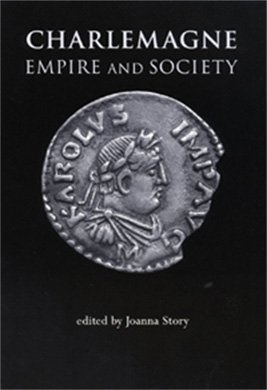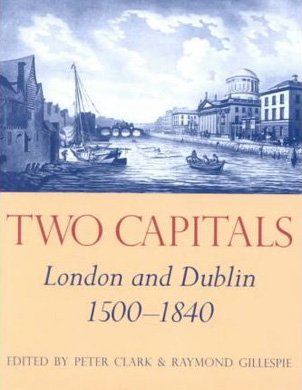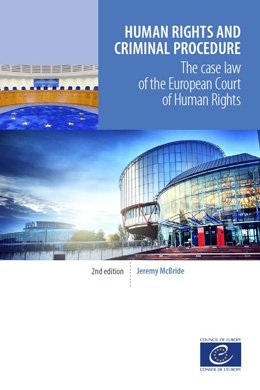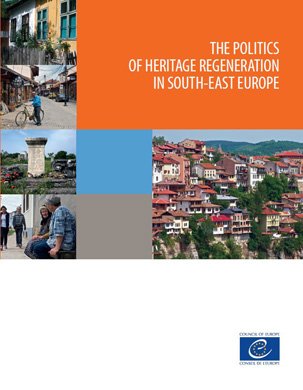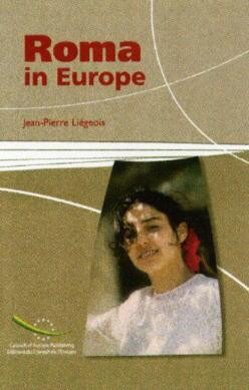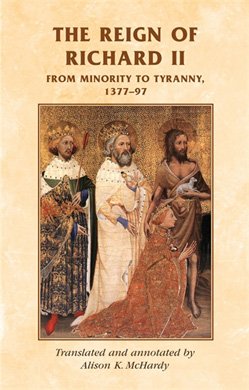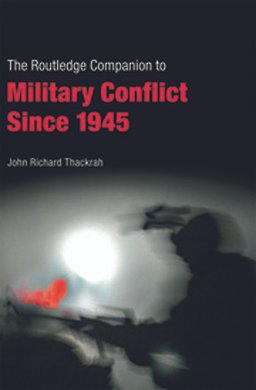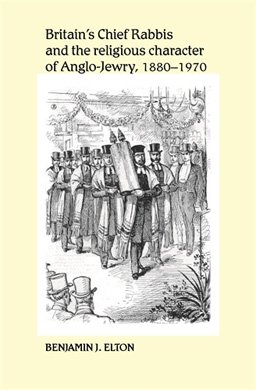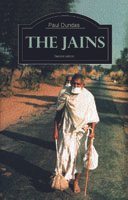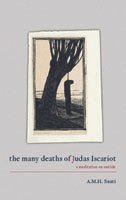MUCH BETTER TEXT
the services of
much better text
Gerard M-F Hill: high-quality editing, writing, indexing and more since 1991
Editing
Editors clarify and refine. Gerard has 30 years’ experience editing a range of topics from ancient history to current affairs, specialising in editing for length and rewriting if needed.
Copyediting
A copyeditor scrutinises and prepares the text and graphics while coding and identifying all the elements ready for the designer or typesetter.
Copyediting typically makes text shorter and snappier, tidies up grammar and punctuation, gets references into shape and resolves any ambiguity, inconsistency, awkwardness or obvious error, while ensuring that it all reads well, makes sense and matches the reader’s expectations.
If more work is needed, a good copyeditor can do more, but those are the essentials.
Proofreading
A publisher needs proof that the text will be fit for purpose, so they need proofs. When the designer or typesetter has worked their magic to produce proofs, a proofreader checks that the layout and content match the brief, tidies layout glitches and catches any errors.
What’s the difference?
Proofs give little room for change (it costs time and money) so a proofreader identifies and minimises the changes that must be made. Copyediting and proofreading are both editing, which is wrestling with words; but proofreading is like wrestling in a broom cupboard.
Where’s the proof?
If I am asked to proofread a text but there’s no proof, I am really being asked to copyedit. This ‘proof-editing’ is often just a way of getting editing done cheaply. It also massively underestimates the skills and knowledge that professional proofreaders have.
Back-of-the-book indexing
Many readers go straight to the index. If the index has ‘autobiography 23’, what will we find? A survey of autobiographies, the author’s own or someone else’s? If we look under ‘double beds’, what will we find (Burglars?). A good index finds information on terrorists, guerrillas or freedom fighters but also shows how the text relates those terms.
To a computer, Khan could be a new oven from Aga. An indexer analyses content, links it together, creates a network of search terms and judges the reader’s likely knowledge, needs and interests before writing headings. Indexes do not write themselves; they are created by well-furnished minds and covered by the UK Copyright Act.
It just needs a quick check
If you want someone just to check spelling and syntax because the rest is good enough, then I’d rather you found someone else. Without editing, ‘good enough’ usually isn’t.
Talkin Tarn
© Alan Sawyer at flickr.com/photos/alandlesley/albums
the home of
much better text
high-quality editing, writing, indexing and more since 1991
It’s not what you do
It’s the way that you say it. Much better text adds credibility and authority to all you say.
Good copyediting ensures that your text is not just readable but clear, concise, consistent, complete, convincing and accurate – and coded for the typesetter/designer.
First impressions count. Will people sit up and take notice of your message? Or will they only notice what’s wrong with it? Will they want to read on?
Less is more
Every word counts. Any book asks for the reader’s time and attention. Plain, lean, lucid text is quick and easy to read. An apt image can be worth a thousand words.
Writing is thinking
Much Better Text will do both. Your publication matters – you want people to pick it up and read it.
If readers are going to follow your story, subject or idea, they need just enough of the right words. A good copyeditor will smooth their path, make sure it is well signposted, fill any holes and clear away any snags. Everything has to make sense. That is a courtesy that draws readers in and then further in.
It’s that simple. But, like conducting an orchestra or filleting fish, it’s harder than it looks.
Upper Denton Church
© Alan Sawyer at flickr.com/photos/alandlesley/albums
.about
much better text
a better way with words since 1991
Contact
email: gerard@much-better-text.com
post: Chapel House, Beckstonegate, Low Row, Brampton, Cumbria, CA8 2ND, England
Who is Much Better Text?

Gerard M-F Hill trades as Much Better Text. He is an advanced professional member of the
- Chartered Institute of Editing and Proofreading (CIEP)
- Society of Indexers (SI)
a member of the
- Society of Authors
Some background
After studying at the University of York, several years teaching and 16 years driving heavy lorries on night trunk work, in 1990 Gerard found his third and best career by retraining for editorial work, first as an indexer and then as a copyeditor.
Since his first job, writing index entries in Latin for Iter Italicum, Gerard has worked on over 500 publications as editor, indexer, proofreader, writer or consultant. Between 1997 and 2003 he proofread 5,001 lives in the Oxford dictionary of national biography. He edited and indexed Reconstructing the Lansdowne collection of classical marbles (Hirmer 2017) and Japan: courts and culture (Royal Collection 2020), co-wrote In Isadora’s steps (Book Guild 2008) and Why editing matters (CIEP 2020), indexed the Virgil encyclopedia (Wiley 2014) and Frazer’s Golden bough (Folio 2018) and, since 2016, he has edited and proofread successive editions of Organ transplantation and Tissues and cells (EDQM).
As a director of SfEP (2007‐16) he devised the basic editorial test used by CIEP and as chartership adviser (2016‐20) he worked with the chair, Sabine Citron, to obtain the institute’s Royal Charter. He is a mentor and tutor, and has written online courses for copyeditors, including The art of querying (CIEP 2021). He lives in an old chapel on a hillside in breezy Cumberland, but then someone has to.
Lanercost Priory, West End
© Alan Sawyer at flickr.com/photos/alandlesley/albums
the portfolio of
much better text
high-quality editing, writing, indexing and more since 1991
Clients past and present include the Council of Europe, Royal Collection Trust, European Directorate for the Quality of Medicine, Folio Society, HIT UK, Oxford University Press, Manchester University Press, British Academy, Taylor & Francis, University of Cumbria.
Banks East Turret
© Alan Sawyer at flickr.com/photos/alandlesley/albums




